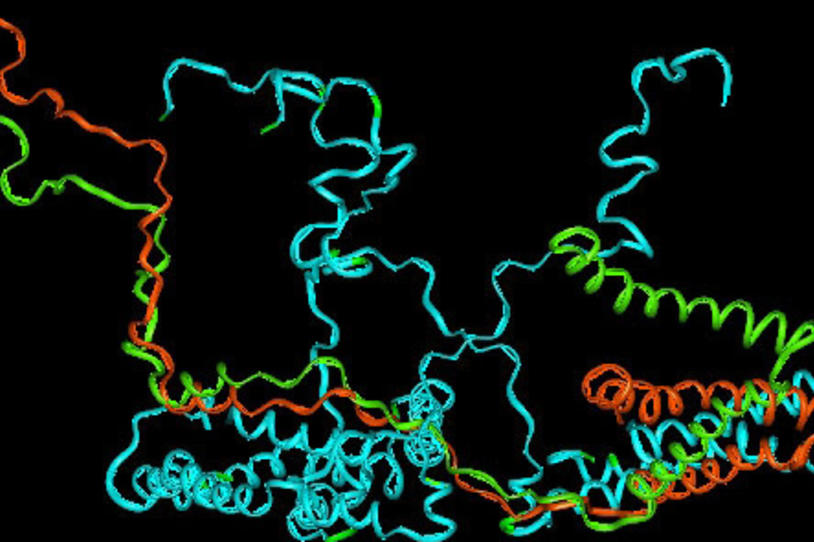
We’ve often written in this space about alpha-synuclein, a protein that acts differently in the brains of people with PD than it does in those who don’t have the disease. Researchers still haven’t placed their finger on the exact biological mechanisms at work in the clumping of alpha-synuclein that takes place in PD, but science is getting closer to determining this protein’s role in the disease.
Knowing why, and how, alpha-synuclein clumps in the Parkinson’s brain could go a long way toward finding drugs that slow, or stop, the progression of PD. For this reason, The Michael J. Fox Foundation has made alpha-synuclein-targeted research one of its top priorities.
The field of science devoted to learning more about how the abnormal activity of brain proteins leads to neurological disease expands beyond PD — other conditions such as Huntington’s disease (HD), Alzheimer’s disease (AD), and amyotrophic lateral sclerosis (ALS) have been linked to processes where “good proteins go bad,” which can lead to the death of brain cells, and the subsequent onset of neurological disease. And it’s not just alpha-synuclein that scientists are investigating: Other proteins such as amyloid-beta and tau have become the subject of great interest.
The heterogeneous nature of disease-causing protein aggregates and the various processes that might cause them to “go bad,” is the subject of the latest blog from Jon Palfreman, a science journalist, book writer, and Parkinson’s patient, who now blogs frequently for the online Journal of Parkinson’s Disease.
In “Brain Strains,” Palfreman explores the sheer complexity of understanding how these “proteins gone bad” might cause disease. He cites a recent paper that suggests that multiple strains of potentially disease-causing altered proteins might be working together to cause various heterogeneous pathological manifestations of PD. The study is from John Trojanowski, MD, PhD and Virginia Lee, PhD, MBA, both of the University of Pennsylvania, and it could begin to help explain why so many people with PD experience the disease in so many different ways. In short: multiple strains of multiple altered proteins might be working together in various ways, which could lead to myriad forms of disease.
Read Palfreman’s entire post to learn more about what this new paper could mean for the field of PD research.
Jon Palfreman is perhaps most well known to the Parkinson’s community as the co-author of The Case of the Frozen Addicts, his compelling account of J. William Langston’s field altering discovery of the neurotoxin MPTP, a tool that is still being used today, 30 years following its discovery, in groundbreaking Parkinson’s research. Stay tuned for ongoing highlights of Palfreman’s blog.